Have you noticed that it’s getting hard to discern ’good’ from ’bad’ when it comes to weather sources? Maybe any scientific news?
I used to think I could confidently navigate those waters, but now it's harder than ever to tell what's a legitimate risk and what's completely bad info.
Here’s a few tips and insights on how to navigate the noise:
-A ‘doomsday scenario’ headline might be nothing more than clickbait. Any forecast or communication that includes absolutist claims about how an event will play out is likely a source you need to be leery of.
-Trust local sources. Local meteorologists at news stations or local weather offices often offer consistent updates and can account for which weather models have bias.
-Be leery of social media users that consistently use scare tactics to communicate a forecast. Think before you share these posts!
-Mistrust of forecasters didn’t happen overnight. It’s likely deeply routed in misinformation, experience, and deep lack of understanding.
-Trust sources that communicate the forecast by identifying uncertainty, or other plausible possibilities. Trust communicators who include how and why things can change and not just the worst case scenario.
Do you have any other tips? Share them with us on social media @PrairieChasers.

